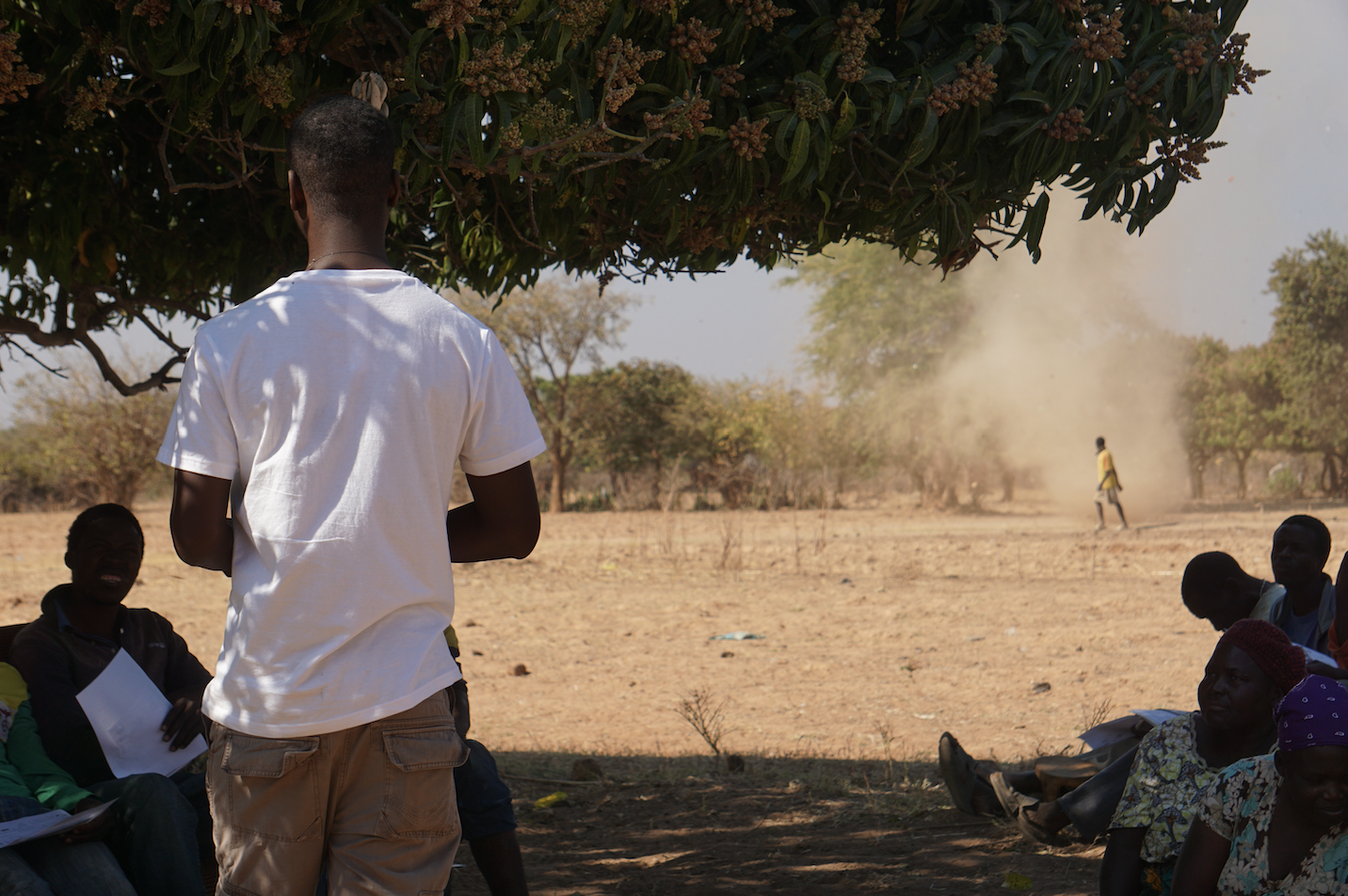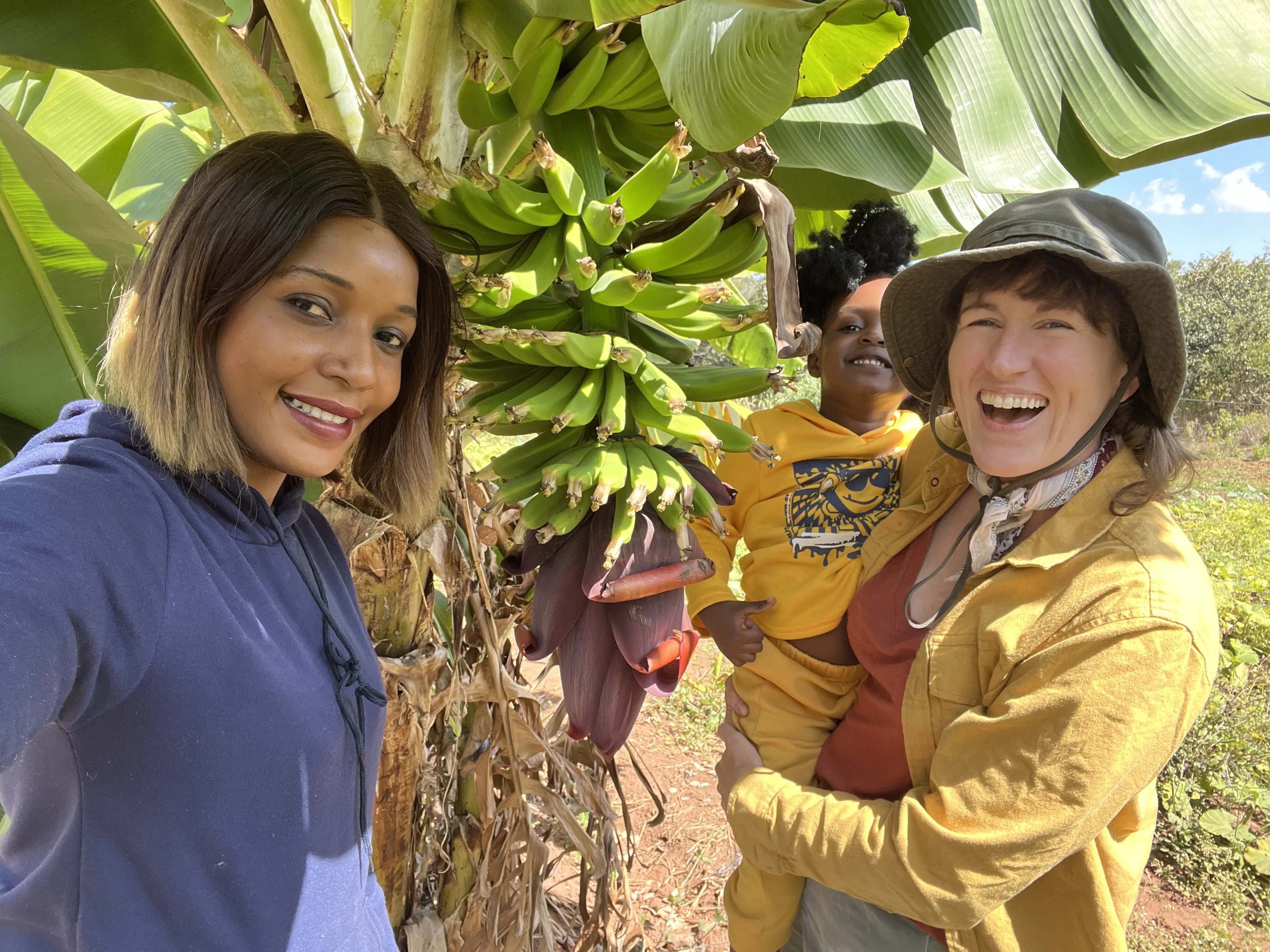
The world changed dramatically in the last few years. Reuniting with loved ones after time apart is a reminder of what we lost, but also of what we need to do moving forward.
It was wonderful to return to Zambia again after two years away because of the COVID-19 pandemic. I had been doing academic research in Zambia since 2019, mostly focusing on climate change and food security in the region. It brought me so much joy to see my good friend and research assistant, Mwansa Matokwani. The last time I saw Mwansa’s daughter, Wandipa, she was only six months old. Now, she is a full-blown toddler with a vivacious personality: walking, talking, dancing, crying, and even learning how to ride a tricycle. Seeing how big she had grown reminded me of how much time had passed, and of how many years we all lost with loved ones because of the pandemic.
I had the chance to live with Mwansa’s family for six weeks. Her parents, brother, and several cousins live in her childhood home, which sits atop a beautiful, forested hill that rises above the surrounding farmland and has a perfect view of every sunset and sunrise. Each evening we gathered in the living room to eat dinner—nshima, a stiff maize-meal porridge, with some type of protein (fish, soya pieces, chicken, insects, or pork) and sauteed veggies, known locally as relish. Afterwards, we sat around the television and watched the local evening news, discussing politics or Zambian history. After the news was done, we switched to the latest salacious episode of popular Zambian soap operas like Mpali or Zuba.
Each night I fell asleep to the gentle nighttime murmurs of insects and birds. Every morning I woke to the calls of roosters which pierced the crisp morning air.

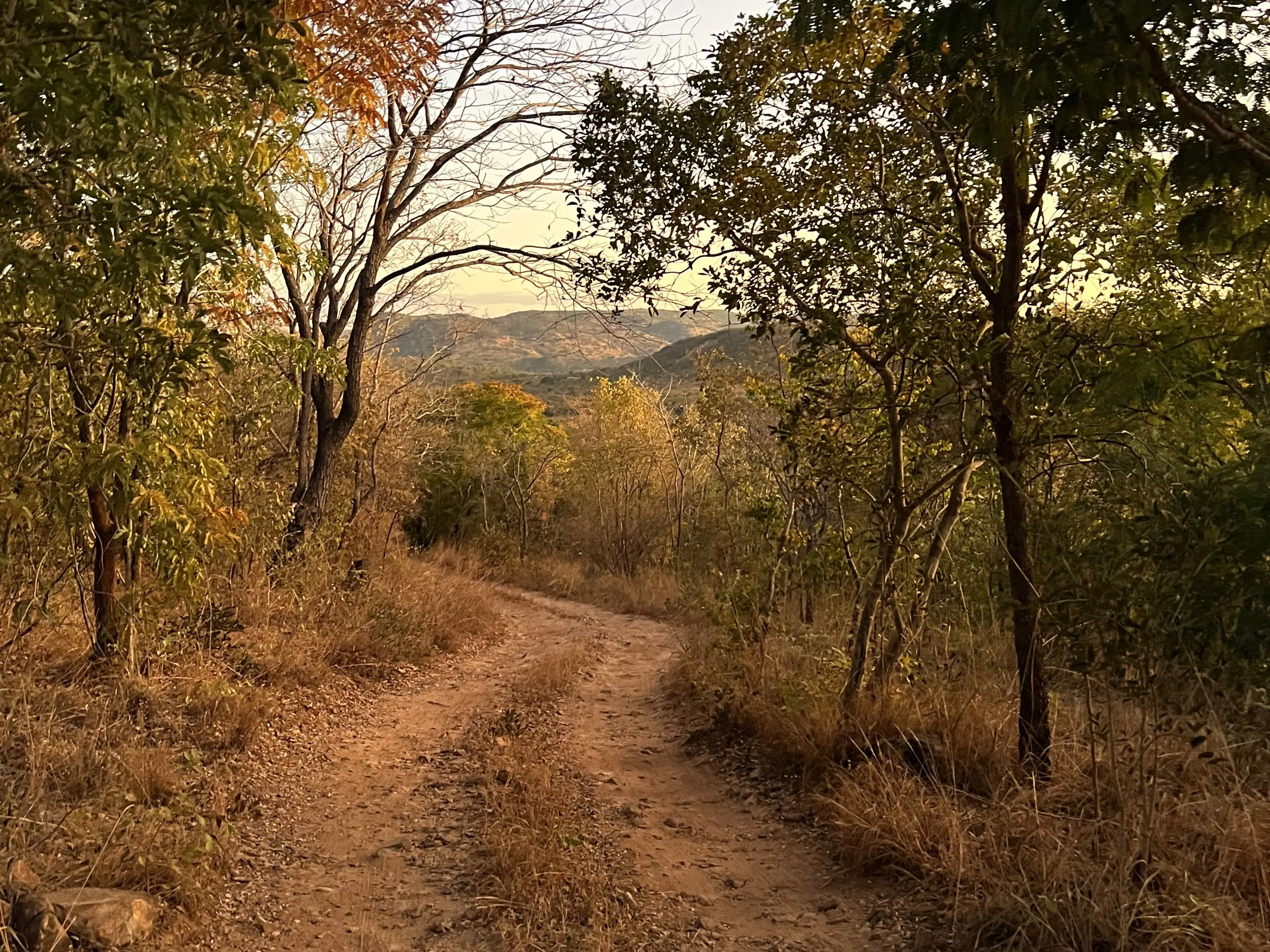
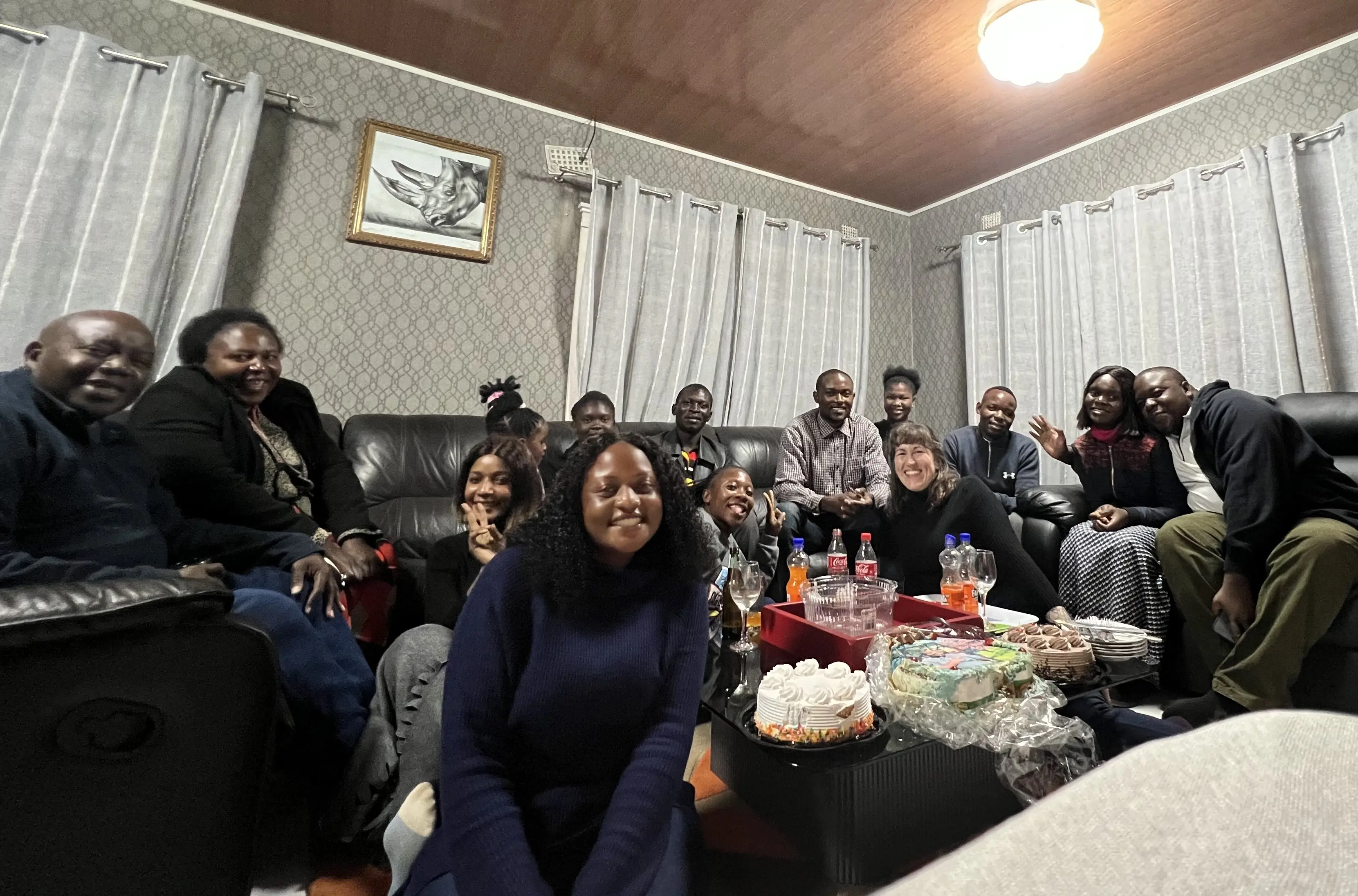
I was lucky to be living with them when I caught COVID-19 during my fieldwork. I had dodged it for two years, and this was my first bout. As with many people, I felt terrible for the first couple of days. Mwansa and her mother took incredible care of me, helping me quarantine and bringing me lots of soup and tea with lemons. Mwansa encouraged me to get some fresh air and even held me up when my fever and body aches made it difficult to walk.
Unfortunately, COVID-19 soon came for the rest of the household. Eventually enough of us were sick that we had to travel about two and a half hours one-way over bumpy dirt roads (which provide a “Zambian Massage”) to reach a health clinic with tests and treatment. Of the nine people living in the house, five of us contracted COVID-19. Everyone was vaccinated and boosted, and we all recovered with time.
So many of our household tested positive that the Zambian Ministry of Health sent employees out to check on us. They brought additional tests and medicine, while documenting our demographic information and the severity of our symptoms. The entire experience made me feel very secure and safe.
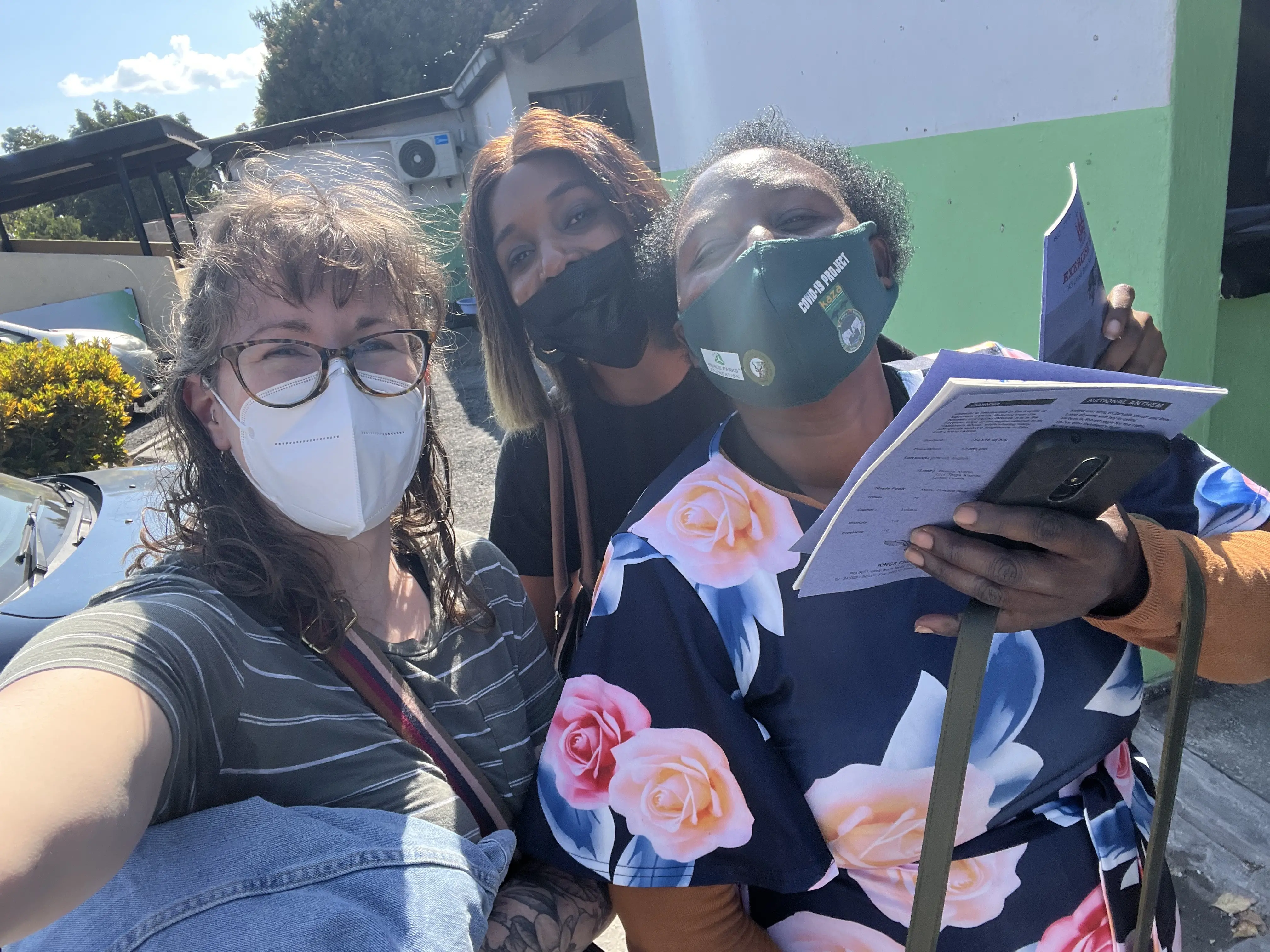
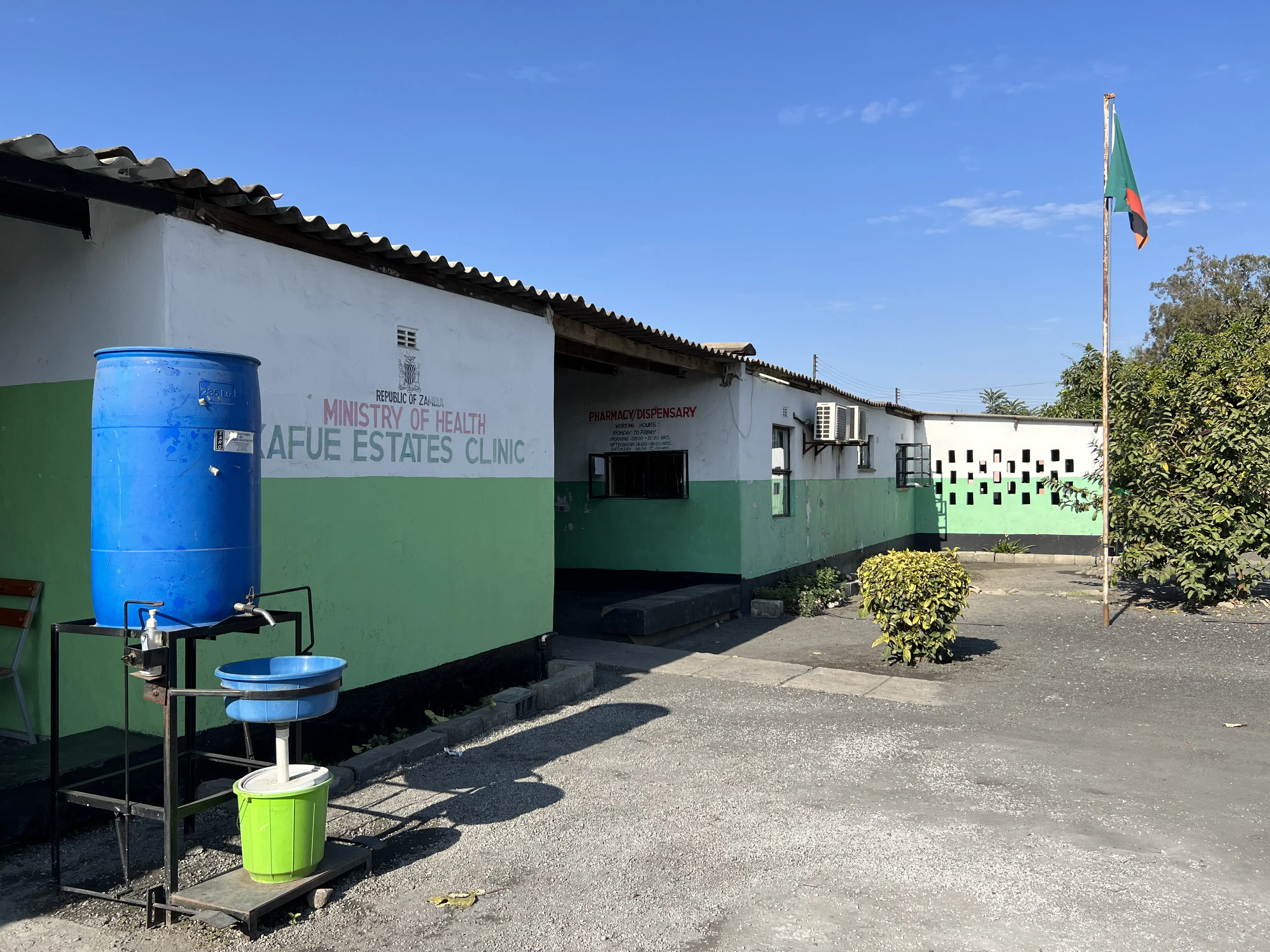
While having the illness, and potentially being responsible for bringing it to the rest of the household, was challenging, it allowed me insight into how Zambians have experienced the disease. The Omicron variant wreaked havoc in Southern Africa last year. Almost everyone I spoke with had contracted COVID-19 at least once, with varying degrees of symptoms. Many people lost loved ones because of the virus.
While urban areas in Zambia have the infrastructure to support medical treatment, it is often difficult to receive vaccinations in rural areas. Mwansa’s family had a car, which allowed us to make the five hour round-trip journey to the nearby town of Kafue to get tested and obtain treatment, but other rural residents must make that journey on foot or by bicycle. Community members with cars often support each other by carpooling or picking up neighbors they see walking in the same direction.
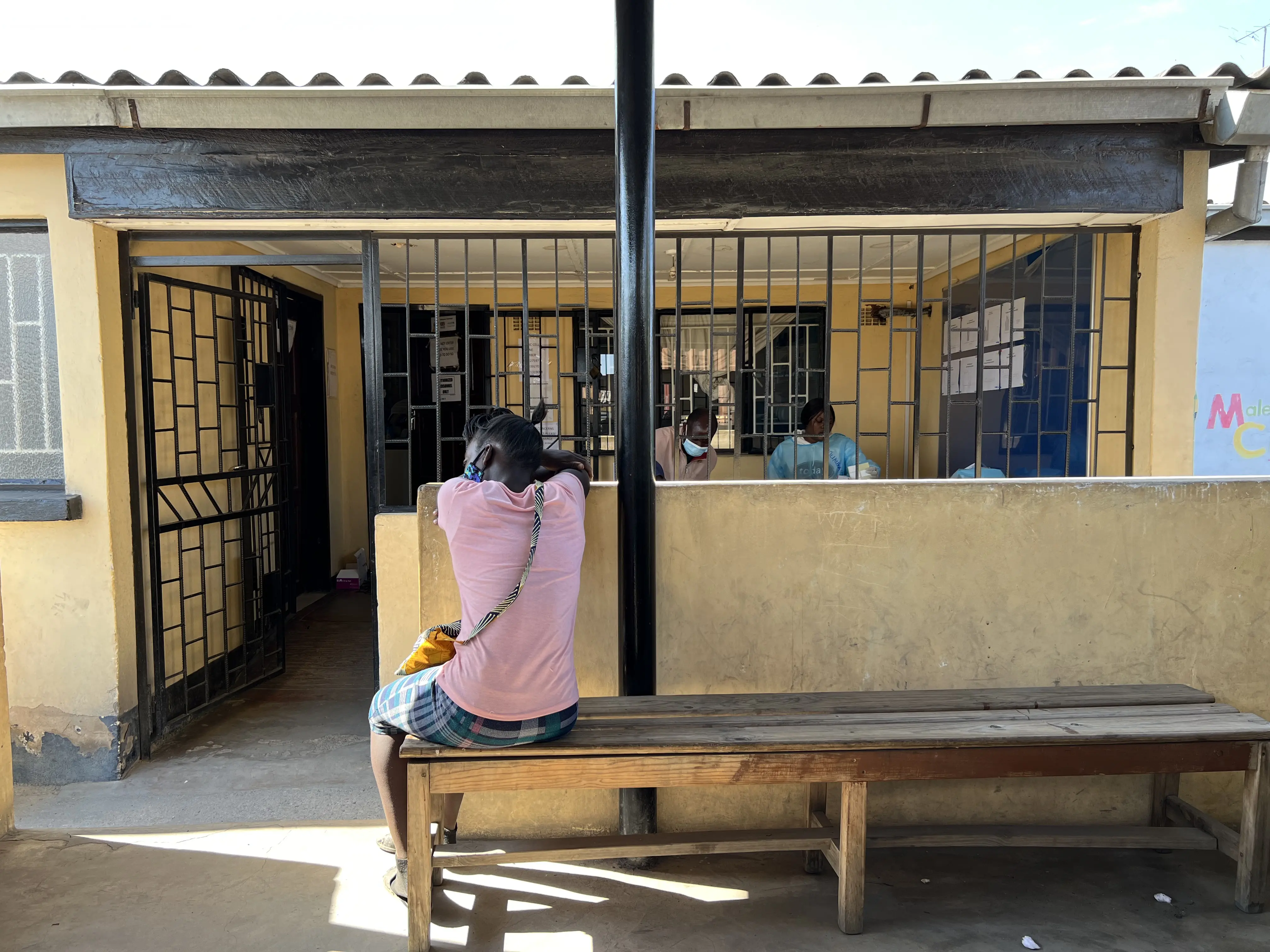
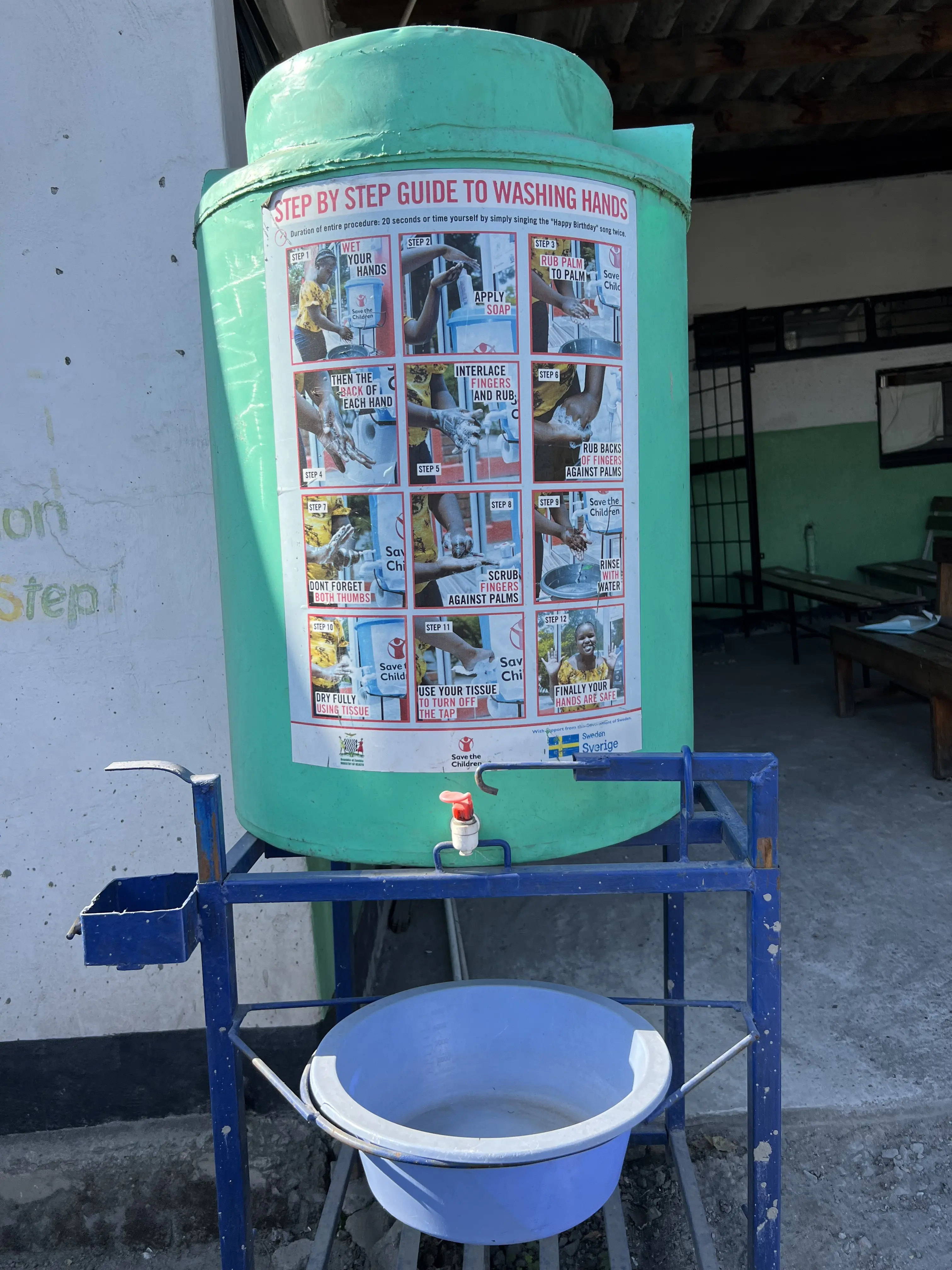
Despite these barriers, most people I spoke with were vaccinated or received at least one of the vaccine doses. Many people asked me questions about the divisive response within the United States to the COVID-19 vaccine, which was widely publicized on news programs in the country. It was difficult for me to find an explanation for this, as well as for other shocking and frustrating topics like the January 6th riots and the American response to climate change. I saw how my country is viewed in other parts of the world, and once again I was reminded that who we vote for and the policies those people enact have immense geopolitical repercussions.
One cultural difference between the United States and Zambia that has always stood out to me is the American emphasis on individualism, which leads our country to do things like undermine social safety nets or reject climate change legislation. From my experience, Zambians find American individualism puzzling. Collectivism and community support are deeply ingrained in Zambian culture. When someone needs help, community members and loved ones will intervene, while simultaneously respecting peoples’ privacy and dignity. Things like responding to a pandemic or addressing climate change will always require an emphasis on changing behavior for the collective good, even if it requires some level of sacrifice or discomfort. I believe that many parts of the world, including Zambia, are far ahead of Western nations in this respect.


